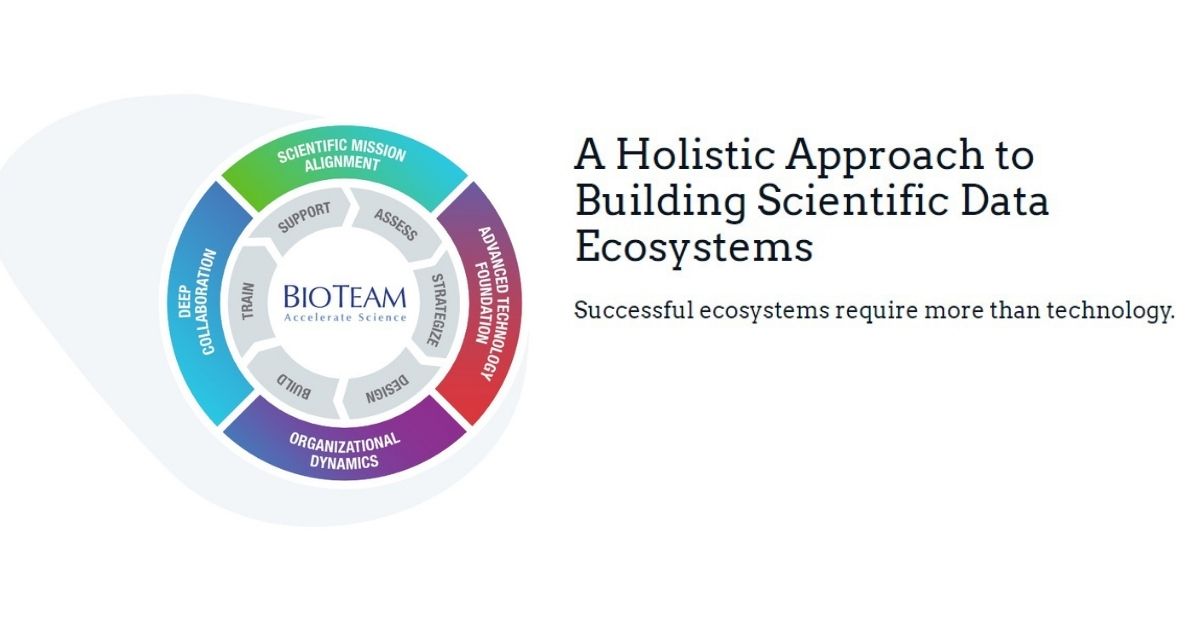Dear All,
In a different thread which I posted earlier (Core cluster setup...), westerman suggested I post a new thread with the question what do you do with your DB. I am indeed curious what do you do with your database? I would believe that trying to store the NGS data in something like a SQL database is a lost enterprise. So my questions are
1) What do you do with your Database?
2) How do you store your NGS data?
3) Do you have any troubles with accessing your data on a repeated basis?
4) What are the biggest bottlenecks you commonly encounter with regards to the data management?
5) Do you have a commercial solution or a home-grown one?
Thank you for your time and I shall look forward to your replies.
Regards
Quantrix
In a different thread which I posted earlier (Core cluster setup...), westerman suggested I post a new thread with the question what do you do with your DB. I am indeed curious what do you do with your database? I would believe that trying to store the NGS data in something like a SQL database is a lost enterprise. So my questions are
1) What do you do with your Database?
2) How do you store your NGS data?
3) Do you have any troubles with accessing your data on a repeated basis?
4) What are the biggest bottlenecks you commonly encounter with regards to the data management?
5) Do you have a commercial solution or a home-grown one?
Thank you for your time and I shall look forward to your replies.
Regards
Quantrix


Comment